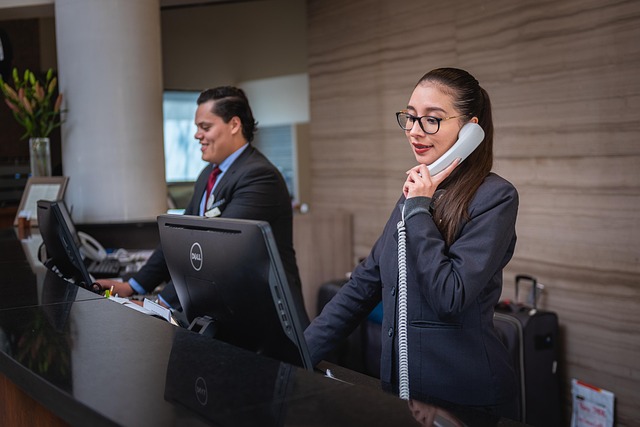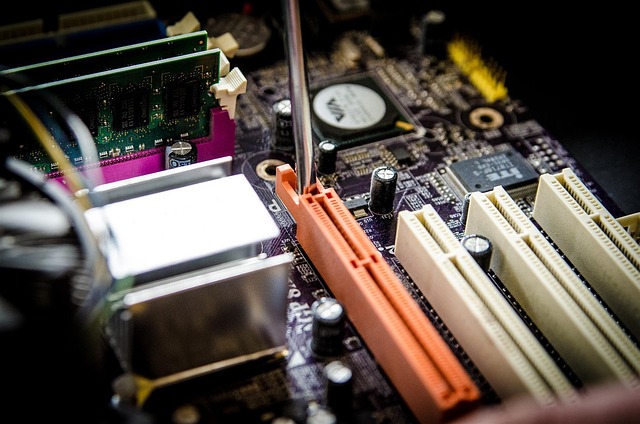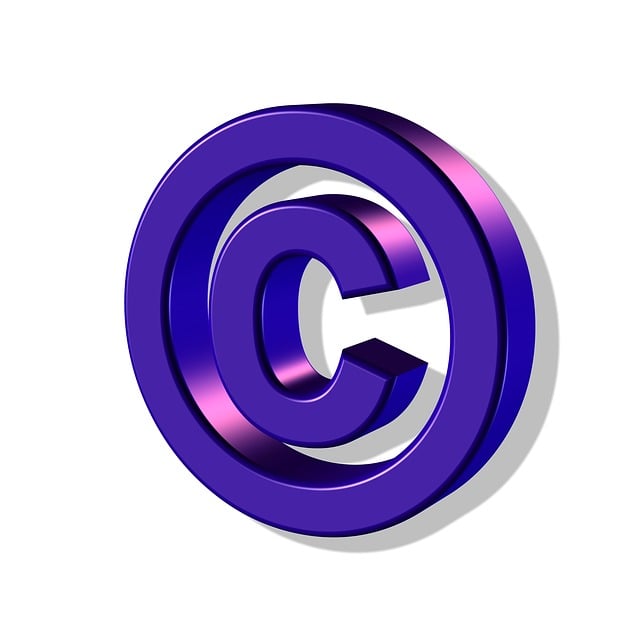Local licensing certifications are crucial for business operations, varying by industry and scale. Business owners must research and obtain relevant licenses from municipal governments or agencies for legal compliance. Government databases verify credentials, streamlining processes and preventing fraud in regulated industries. Local authorities maintain comprehensive license and certification databases, ensuring accuracy and security through robust systems. Data accuracy, secure communication, and automated processes are vital during verification to avoid errors and delays, especially for multi-state/international recognition. Best practices include confirming validity through authorized sources, obtaining supporting documents, and staying updated on licensing changes.
Before trusting someone with sensitive tasks, it’s crucial to verify their credentials. This process involves understanding local licensing requirements, accessing government databases for confirmation, and ensuring robust record-keeping practices. With proper verification, you can mitigate risks associated with inaccurate or fraudulent data. This article explores these key aspects, offering insights into best practices for effective credential validation, including tips on navigating licensing certifications.
- Understanding Local Licensing Requirements
- Accessing Government Databases for Verification
- Role of Official Record Keeping in Credential Check
- Ensuring Data Accuracy and Security During Verification
- Common Challenges in Cross-Checking Credentials
- Best Practices for Effective Credential Validation
Understanding Local Licensing Requirements

Understanding local licensing requirements is a crucial step in verifying credentials for any business or professional service. Each region has its own set of rules and regulations that dictate the necessary licenses, permits, and certifications for operating legally within their boundaries. These requirements vary widely depending on the type of industry and the scale of operations. For instance, a small local bakery will have different licensing needs than a multinational corporation setting up a manufacturing plant.
Business owners and professionals must stay informed about these local regulations to ensure compliance. This often involves researching and obtaining relevant licensing certifications from the appropriate authorities, which may include municipal governments, industry-specific regulatory bodies, or specialized agencies. Keeping up with these requirements not only ensures legal adherence but also fosters a positive reputation and promotes seamless interactions with local communities and stakeholders.
Accessing Government Databases for Verification

When verifying credentials, accessing government databases is a crucial step in ensuring accuracy and authenticity. Many governments maintain digital archives of licensing and certification records, making it easier to cross-reference and confirm professional qualifications. These databases often serve as a reliable source for background checks and are designed to safeguard against fraud or false representations.
By leveraging these resources, local authorities can streamline the verification process, especially when dealing with numerous applications. It enables them to quickly match an individual’s claimed credentials against official records, thereby reducing the potential for errors or fraudulent practices. This efficient approach is particularly valuable in regulated industries where strict adherence to licensing and certification standards is paramount.
Role of Official Record Keeping in Credential Check

Official record keeping plays a pivotal role in the process of verifying credentials, especially for licenses and certifications. Local authorities are tasked with meticulously maintaining comprehensive records of all issued licenses, permits, and professional qualifications within their jurisdiction. These detailed records serve as a robust foundation for credential checks, ensuring accuracy and reliability.
When conducting a verification process, authorities can swiftly cross-reference an individual’s claimed credentials against their official database. This rigorous check includes verifying the validity of licenses, certifications, and any additional permits, thereby enhancing security measures and safeguarding against potential fraud or misuse of professional qualifications.
Ensuring Data Accuracy and Security During Verification

When verifying credentials with local authorities, data accuracy and security are paramount. It’s crucial to ensure that the information fetched from official databases is not only correct but also protected against unauthorized access or manipulation. This involves utilizing secure communication channels and encrypting sensitive data during transmission and storage. Local governments often employ robust verification systems that incorporate advanced authentication methods and biometric data to safeguard licensing certifications.
To maintain data integrity, verify the source of information and cross-reference it with official records. Automated verification processes help streamline this process, minimizing human error and ensuring consistency. Moreover, implementing strict access controls and role-based permissions can limit who has access to sensitive data, enhancing security measures during credential verification.
Common Challenges in Cross-Checking Credentials

Verifying credentials with local authorities can be a complex task, especially when dealing with various types of licensing and certifications. One common challenge lies in the diversity of record-keeping systems across different regions. Each locality may have its own unique database and documentation requirements, making it difficult for individuals or organizations to cross-check information accurately and efficiently. This disparity can result in delays and potential errors, particularly when dealing with professional credentials that require multi-state or international recognition.
Additionally, the issue of outdated records is prevalent. Licensing bodies often struggle to maintain current databases due to frequent changes in regulations and requirements. As a consequence, individuals may hold obsolete certifications, which could go undetected without thorough and regular audits. This challenge emphasizes the need for robust verification processes that incorporate real-time data checks and periodic updates to ensure the authenticity of professional credentials, particularly in sectors where safety and expertise are paramount.
Best Practices for Effective Credential Validation

When verifying credentials with local authorities, it’s crucial to follow best practices that ensure accuracy and efficiency. Start by confirming that the individual possesses valid licenses and certifications relevant to their field. This involves checking authorized databases or official websites to cross-verify the information provided, ensuring the credentials are up-to-date.
Additionally, obtain supporting documents such as certificates of completion or training records. These serve as tangible evidence, enhancing the verification process. Foster open communication with the relevant authorities to stay informed about any changes in licensing requirements, thereby enabling you to adapt your validation methods accordingly.














